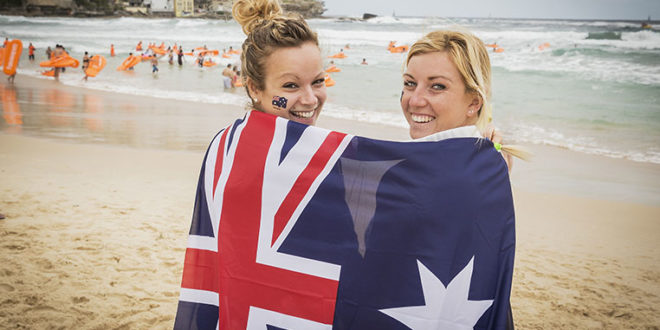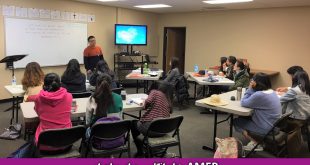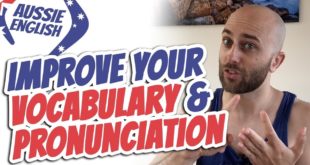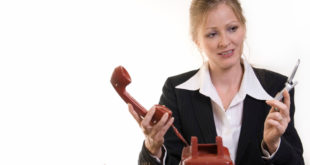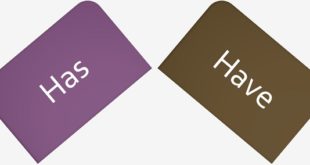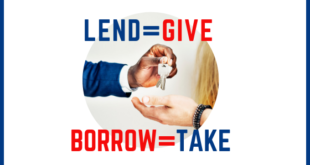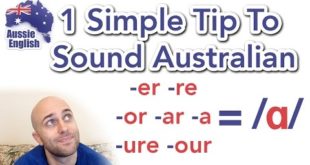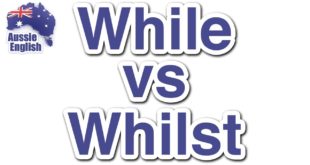G’day
Expression number one. “G’day”.
Good day. You can say this as in “Hello”, “Hi” or “Hey”.
See someone you know in the street? “G’day”.
See a mate? “G’day mate!”
Maybe you walk into a classroom, you’re a teacher, and you greet everyone in the class. “G’day guys!”
Or maybe you have a podcast like I do, and every podcast you start with, “G’day guys!”. G’day.
How’s it goin’?
Number two. How’s it goin’?.
We can use this as, “How do you do?”, which we never say. We never say that.
We can use this as, “How ya goin’?” or “How are you going?”.
And we can use this as “How you been?”. How’s it goin’.
So it’s just a simple greeting, but you’re asking for a bit more information. (A) Bit more than just, “G’day”.
How’s it goin’?
So maybe you meet someone for the first time. “G’day mate. How’s it goin’?”
Maybe you see your parents. It’s been a while. You catch up with your parents. “G’day mum and dad. How’s it goin’?”
Or maybe you walk into a job interview. Even then you can be a little bit casual, and you could say, “G’day. How’s it goin’?”.
Maybe catching up with some friends as well, “G’day guys, how’s it goin’?
What’ve you been up to? How’s it goin’? How is it going? How’s it goin’?
No dramas
Number three. “No dramas.”
No dramas, mate. No dramas.
This is the equivalent of, “No worries”, which is a very Australian one as well.
Or “You’re welcome”, “No need to thank me”, “All good”, “No problem”, “No issue”. No dramas.
“Drama”, as in if there’s a drama there’s an issue, there’s a problem.
And so, we say all the time, “Oh, no dramas, mate”. No worries, no problems.
Maybe someone’s bumped into you in the street, and they’ve said, “Oh! Sorry mate.”
You could say, “No dramas, mate.”
Maybe someone has come to a restaurant and accidentally spills a little bit of water on you, and they say, “Oh my gosh! I’m so sorry.”
You could just say “No dramas, mate. No dramas.”
Or maybe you give something to someone and they say thank you and you say in return,
“No dramas! You’re welcome. No need to thank me. No dramas, mate.”
No dramas.
Righto
Number four. “Righto.”
Righto. This is short for all right, and we’ve just taken it “Right” and we put an “-o” in the end, and we pronounce it like “righ-do”.
So it’s a D-sound, “righ-do”.
And we would say this any time you want to say, “All right” or “OK”.
So you might say this if someone’s giving you an order, “Can you go and do this?”.
You might say, “Yeah, righto.”
Maybe it’s time to leave. You might say, “Righto, guys. I’ve got to head off. I’ve got to get goin’. It’s time to go. Righto. Time to leave.”
Or maybe someone’s told you something, and as a way of just saying, “Oh ok. Oh all right.” you might just say, “Oh righto. Righto. OK. Righto.”
Mate
And the last one, and I couldn’t leave this one out for sure is, “Mate”.
And you’ve probably heard me say it about a dozen times already in this episode. Mate.
And we quite often mute that sort of T at the end. We’ll just say “Mate”.
So we’re not going “T”. We’re not saying “Mate”. We’re just saying “Mate”.
So, “Mate” can mean “dude”, “guy”, “man”, “friend”.
It’s the kind of thing that you would just add to feel a little bit more friendly when you talk to people, particularly strangers.
I would use this to say to someone I’m on the same level as you.
We’re friends. I’m talking to you as if I would be talking to a friend of mine.
How’s it goin’ mate? G’day, mate. Righto, mate. No dramas, mate.
So, if I was paying for my car to be serviced I might say to someone, “Oh, thank you so much, mate. Cheers!” and he might say, “No dramas, mate.”
So I refer to friends like this, I refer to strangers like this, and I would even use it in formal situations quite a bit, that’s an Australian thing, in order to sort of be a bit more amicable, be a bit more friendly.
So, I would use this, especially, if I was a foreigner.
It’s going to make it sound so Aussie when you refer to people as “Mate”.
They’re going to love it.
Even if you use it in the wrong places, at the wrong time, people are going to understand that you’re just trying to be friendly, that you’re just trying to be more Australian.
So that’s it for this episode, guys.
Use these five expressions in your day to day life, particularly, if you’re talking with Australians.
I think you’re going to be surprised just how much the average Australian is going to love hearing you say,
“G’day”, “How’s it goin’?”, “No dramas!”, “Righto” and “Mate”.
What would you like the next episode to be on, guys?
Have you got any other expressions that are Australian that you think I should talk about?
Put them in a comment below, and let me know.
See you guys.
 ایرانیان استرالیا Australia Iran بزرگترین جامعه ایرانیان ساکن استرالیا Australia Iran
ایرانیان استرالیا Australia Iran بزرگترین جامعه ایرانیان ساکن استرالیا Australia Iran

